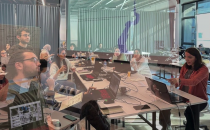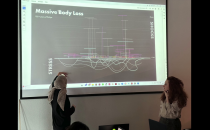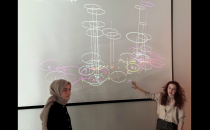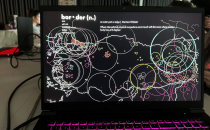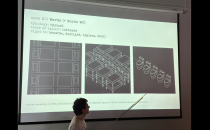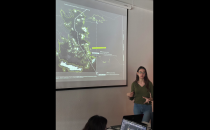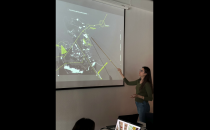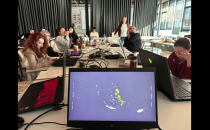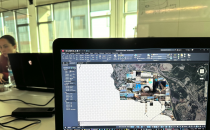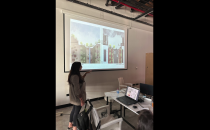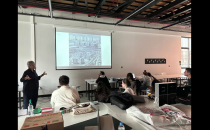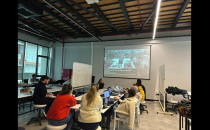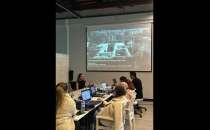2024-25 Fall Semester Design and Research Studio will focus on;
Architectures of CARE
Living in a country plagued by disasters, natural or man-made, such as earthquakes, floods, fires, coal mine explosions, transportation accidents, and the like, we must consider political theorist Judith N. Shklar’s thought-provoking question, “When is a disaster a misfortune, and when is it an injustice?”[1] This question becomes critical, especially when we think about how what begins as a natural disaster escalates into, in its full effect, a public injustice.
After the disaster, what then? That is a call to reflect on the theme of "care." Care, for whom, what for, and how?
Disasters bring displacement, dispossession, homelessness, damage, collapse, violence, trauma, injury, and similar issues for all living beings (human or non-human). On the other hand, care, a term often associated with protectiveness and responsibility, close attentiveness to avoiding danger, involves reconstruction, repair, restoration, conservation, and mending practices. Care also involves the practices of archiving, documenting, and displaying that shape collective memory (e.g., museums and archives). However, it should be noted that all these practices carry the risk of control over the body and erasing some of the spatial, social, and historical layers. So, care may fail; in that case, it must be criticized and reconsidered.
The design research studio invites architecture graduate students to reflect on care as an architectural issue. Architectures of care are expected to be searched for from various perspectives by considering the term’s political, social, and historical implications. Promoting situational, relational, and systemic design approaches, the studio will explore how the ethics of care, a position cultivated by social justice activists and eco-feminists, can inspire alternative social, spatial, and environmental futures. The studio’s critical stance advocates going against the grain with a vision of a future that prioritizes inclusive, participatory societies valuing equity, justice, creativity, and cooperation, respecting our interdependent living and nonliving ecosystems, and accepting different voices, behaviors, views, and cultural and gender expressions.
[1] Judith N. Shklar, The Faces of Injustice (Yale University Press, 1990), p. 1.
